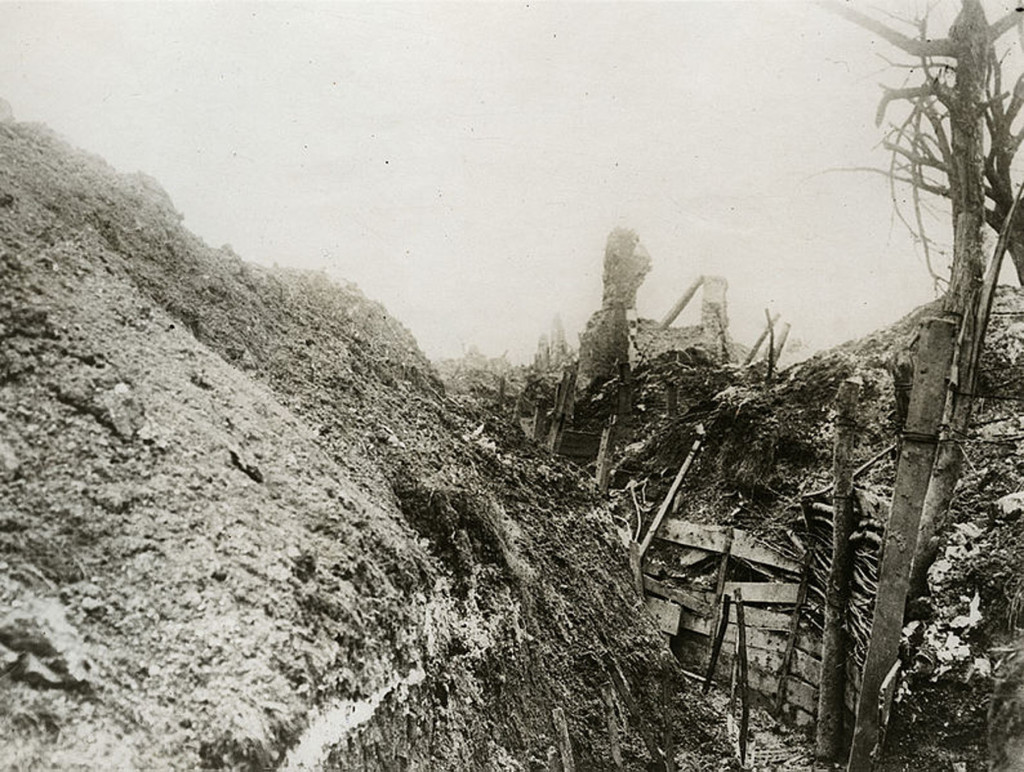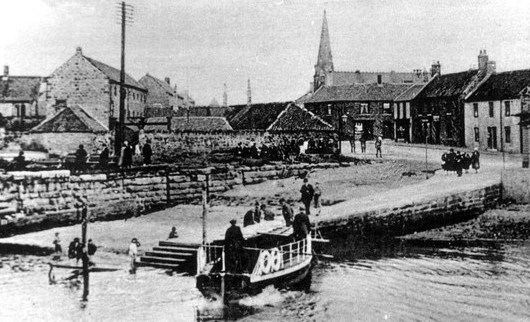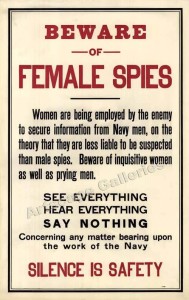BELFORD RURAL DISTRICT COUNCIL
Housing Scheme Held up for Want of Money
At a meeting of Belford Rural District Council last Wednesday.
Colonel Leather enquired how the Council were going to get the money to carry out the housing scheme.
The Clerk explained that endeavour had been made to obtain the money locally, but so far he had had no replies from an advertisement asking for loans. If they failed to raise the money they could apply to the Ministry of Health, who would supply the money.
Colonel Leather – The Ministry will probably not give us the money. I propose we postpone the whole scheme for three months till we see whether we can get the money. Everything is cut and dried, but we are not committed to anything and the time has come for us to mark time. No businessman would go on with the scheme, why should the Council do so?
Mr Davidson seconded Colonel Leather’s proposal.
Dr Macaskie explained that all that was necessary if they could not raise the money locally was to apply to the Ministry of Health who would lend the money.
The Clerk – There is no fear of not getting the money.
Colonel Leather – Look how the Government tried to wriggle out of the agreement with the farmers about the price of corn. I move we delay matters till, we get a definite and satisfactory answer about the money.
On being put to the meeting the motion was caried unanimously.
Mr Hunter – Will the plans be laid before the Council to be passed?
The Clerk – The plans have been been passed.
Mr Hunter – The original plans have, been cut down to get cheaper houses. Things have been taken out of our hands. The Surveyor ought to see these new plans before approved.
Mr Clark – We are not providing the money and can’t grumble.
Mr Hunter – We will ultimately have to provide the money from the rates. It is not right for the houses to be built and the Surveyor not to see the plans.
Mr Davidson moved and Colonel Leather seconded that copies of specifications be submitted to the Council before any tenders were accepted. Agreed.
Sir E. C. Haggerston – If the tenders were accepted the firm could carry on, but Colonel Leather’s motion stops this.
Colonel Leather – It does not stop us going on with the details
WORKERS’ UNION MEETING AT NORHAM
How Changes in The Minimum rate will affect the Worker
At the branch meeting of Friday night, Mr. Borrell attended at the last moment, in the place of Councillor Buchan, who was unable to keep his appointment.
Asked as to the position of the wages in case of a change in the wages Board rates during the year, Mr. Borrell explained that if a man hired for say 51s or 52s per week, he would receive that wage throughout the year, even if the Agricultural wages Board rate fell.

If the Agricultural wages Board rate went up, the total difference between the rate he hired for and what was due to him under the Wages Board increases would have to be paid to him in a lump sum on May 12th, 1922, if it had not been paid previously. If, however, a man hired at the wages Board rate without specifying any figure his wage would naturally go up and down with that rate. He did not think there was any likelihood of a reduction in the wages Board rates. They had to find a subsistence basis, and they still stood much below other industries. There was only a slight reduction in the cost of living. The railways were 21 millions to the bad, and they would have higher transport charges. Coal was going up, and it was an important item in the farm workers’ budget. His house required a deal of warming, and his cooking arrangements were wasteful and extravagant of fuel. There was often a quantity of wet clothing to dry, which entailed the fire being kept up after the household had retired. He could see little prospect of any material lowering of their household expenses, and he urged them to put aside all thoughts of a reduction of wages as impractical at present.
BERWICK PETTY SESSIONS
THURSDAY
EXTENSION OF HOURS FOR DANCING OVERDONE.
Mr W. B. Dickinson applied for an extension of hours to 2.30 for the Good Templar Hall, on the occasion of a whist drive and dance on Thursday 17th, to be held by Berwick Cycling Club.
Sup. Halliday considered that the extension of hours for dances was overdone. If they got to 1a.m. that was quite long enough. Most of the people who went to the dances had to be up early in the morning for work. These applications were too frequent. In other districts the Magistrates were not granting extension after 12 p.m.
The Mayor — The dancing season is nearly over now. Mr Dickinson pointed out that formerly dancing used to be allowed to 3 and 4 a.m., without need for applying for extensions of licence. The Mayor — The Bench grant the licence on this occasion but will consider future applications.
SHOWMAN’S OFFENCE
James Ratcliffe, showman, was charged with failing to employ a third person to give assistance to drivers of horses if required while in Berwick on 2nd March, and with not having the weight of his wagon affixed.
Serg. Middlemass gave evidence, proving the charges. Superintendent Halliday said it was very important these regulations under the Locomotive and Highways Act should be carried out. He did not look upon the offence as serious but wished to bring to the notice of users of the road the fact that these regulations could not be broken with impunity. He would not press for a heavy penalty, only wishing to draw the attention of users of the road to the regulations. The defendant was a showman and had called at the Office stating he had to go to Kelso to secure his stance and could not appear. Fined 10s for each charge.
DRUNK IN CHARGE OF A MOTOR CYCLE
Robert G. Waugh, commercial traveller, 20 Fenkle Street, Alnwick, was charged with being drunk in charge of a motor cycle on the Old Bridge, Tweedmouth, on 4th March. Defendant did not appear, but wrote expressing regret, and stating he had had trouble with his clutch and had not had time for lunch.

The Mayor said the bench considered this a very serious case. A motor cycle was dangerous at any time, more so when in charge of a drunkman. In addition, the Old Bridge was a dangerous place. Fined the maximum penalty of £2 or 18 days.














